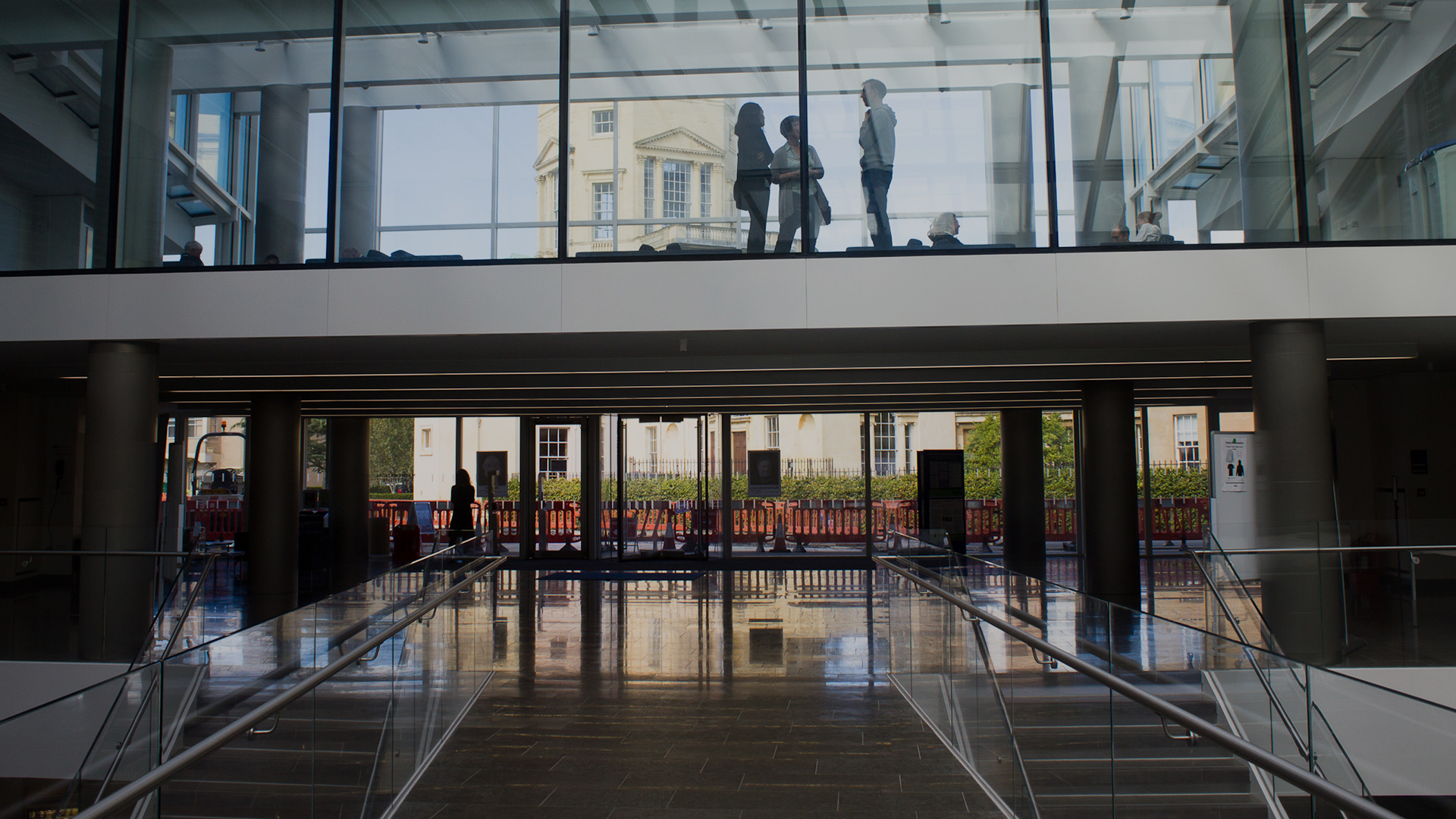Symplectic Topology
Date: 29 September - 3 October 2014
Location: Mathematical Institute, University of Oxford
Event type: CRC Workshop
Organisers: Dominic Joyce (Oxford), Alexander Ritter (Oxford), Ivan Smith (Cambridge)
The origins of symplectic topology lie in classical dynamics, and the search for periodic orbits of Hamiltonian systems. It is now understood to arise naturally in algebraic geometry, in low-dimensional topology, in representation theory and in string theory. Following seminal ideas of Gromov and Floer from the 1980s, several of the most powerful tools in symplectic topology revolve around invariants counting pseudoholomorphic curves. An important theme in recent years has been that holomorphic curve invariants are not independent, but are bound together and governed by very rich algebraic structures, making connections to integrable systems, and to the theory of A-infinity and L-infinity algebras. On the one hand, the algebraic structures make the invariants more powerful; on the other, these algebraic structures often underscore the connections to other fields, where similar structures arise with different origins.
The aim of this workshop is to bring together experts in various parts of holomorphic curve theory and to expose the latest developments in:
(i) Floer cohomology theory, the Fukaya category, and aspects of homological mirror symmetry
(ii) contact and Stein topology, and their connections to low-dimensional topology and to dynamics.
Recent areas of progress include flexibility results in Stein topology, formulations and proofs of homological mirror symmetry, renewed ideas about flux and categorical dynamics, existence theorems for quasi-morphisms, sharp constraints on symplectic or Lagrangian embeddings, and relations to knot theory and finite type invariants. Whereas much recent activity has been directed towards foundational issues, the workshop is intended to focus more on applications of the theory, particularly those where progress has been and is being made, and to highlight some of the new questions that progress raises.
Speakers: Mohammed Abouzaid (Columbia), Denis Auroux (Berkeley), Paul Biran (ETH Zurich), Vincent Colin (Nantes), Tobias Ekholm (Uppsala), Yasha Eliashberg (Stanford), Kenji Fukaya (Simons Center), Helmut Hofer (IAS), Michael Hutchings (Berkeley), Dusa McDuff (Columbia), Mark McLean (Stony Brook), Emmy Murphy (MIT), Tim Perutz (UT Austin), Leonid Polterovich (Tel Aviv), Paul Seidel (MIT), Nick Sheridan (Princeton)
Related events
See all events
Hodge Theory and Algebraic Cycles
Mathematical Institute, University of Oxford

Zeta and L-functions
Mathematical Institute, University of Oxford

PDE and Fluids
Mathematical Institute, University of Oxford

P vs NP and Complexity Lower Bounds
Mathematical Institute, University of Oxford